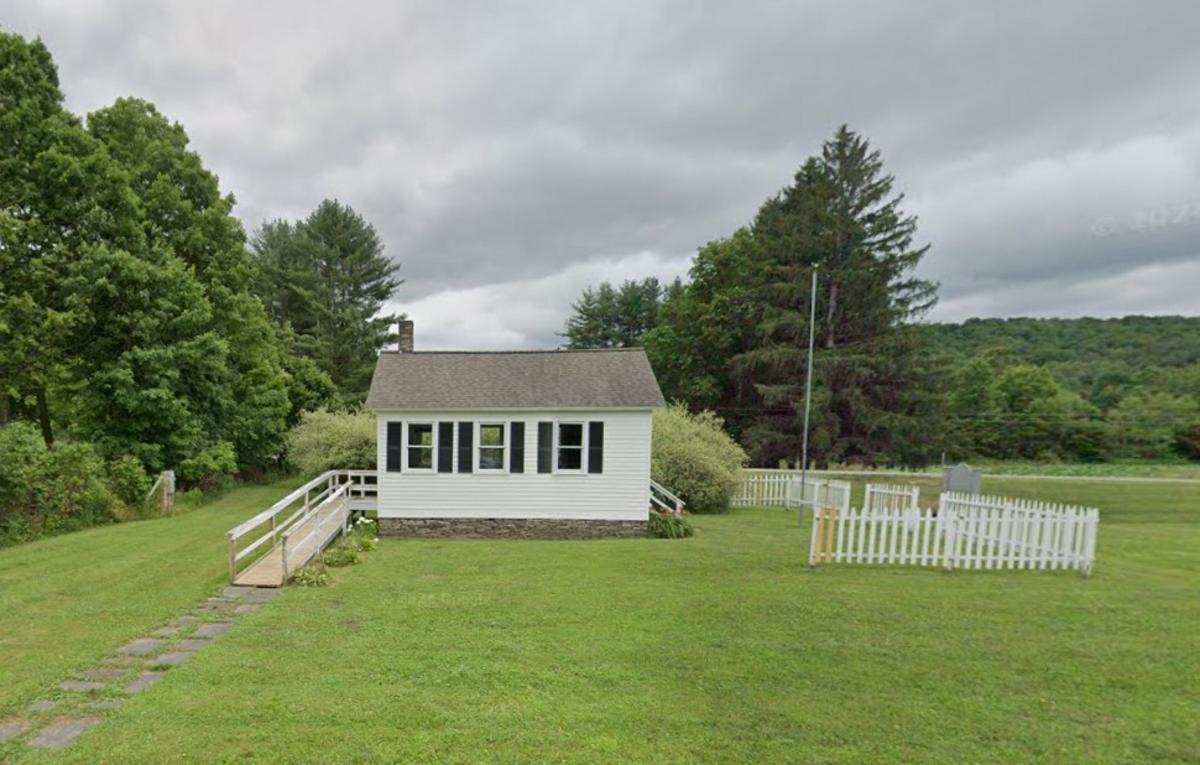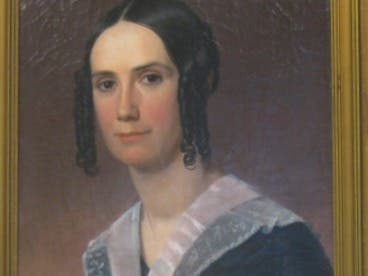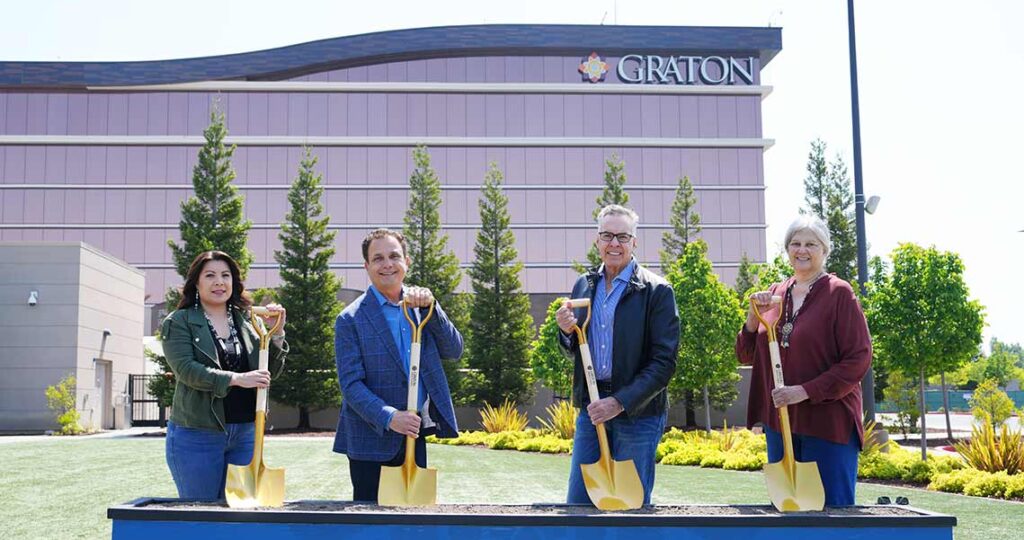There are more than 500 miles between the Prairie Band Potawatomi Nation’s tribal reservation in northeastern Kansas and 1,500 acres of mostly prairie in northern Illinois.
So, Raphael Wahwassuck has come far to visit the site of a long-gone cabin there. Except it’s not an unfamiliar place to him and his kin. Wahwassuck is a member of the Prairie Band’s tribal council and a direct descendant of Chief Shab-eh-nay, for whom the state park is named after.
“If this is accurate — that this was the site where his cabin was — then, within a few 100 yards, I’ve got some family members that are buried out in these woods,” Wahwassuck said.
Most of the tribe were forced from their homelands of the Great Lakes region into Kansas. They ceded approximately 28 million acres to the United States government, while an 1829 treaty promised Chief Shab-eh-nay 1,280 acres of reservation in Illinois.
Yet when he left to visit his relatives in Kansas, the U.S. sold the chief’s land, illegally, to white settlers in 1849.

Peter Medlin
/
Courtesy of the DeKalb County History Center
A cropped portion of an 1843 map of Shabbona township, as it was called at the time. The map displays the land that was originally reserved for Chief Shab-eh-nay. It reads, “Two sections (1,280 acres) reserved for the use of Shab-eh-nay and his…
Continue reading










 L-R: Melissa Elgin, Tribal Council Secretary; Terry Barboza, Tribal Council Member; Tribal Chairman Greg Sarris; and Joan Harper, Tribal Council Treasurer.
L-R: Melissa Elgin, Tribal Council Secretary; Terry Barboza, Tribal Council Member; Tribal Chairman Greg Sarris; and Joan Harper, Tribal Council Treasurer. 






